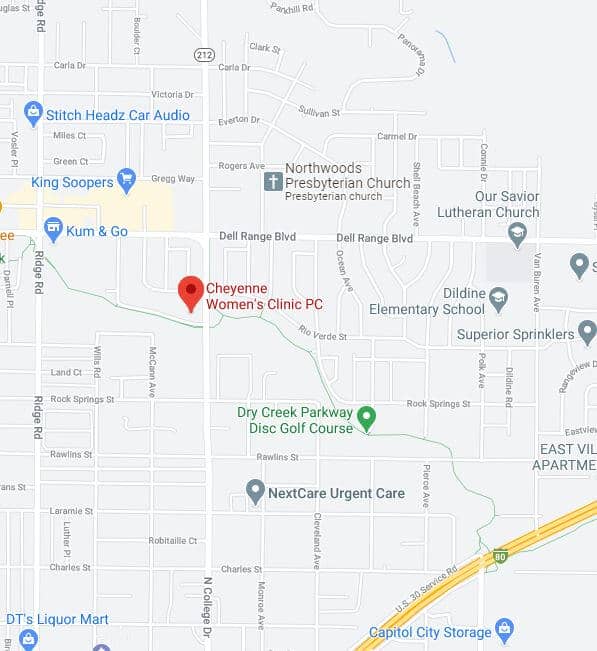Before 12 Weeks
Heart begins to beat by the 25th day.
Changes to expect:
- Fatigue, frequent urination, morning sickness, heartburn, breast changes, skin pigment changes, and mood swings.
8-12 Weeks
Facial features are forming, and it’s a critical time for forming eye and ear structures.
Changes to expect:
- Morning sickness.
- A weight gain of 1-2 lbs.
- Waist and breast size increases.
- Vaginal discharge becomes thicker, whiter and stickier.
- You have less energy.
13-16 Weeks
Ears, arms, hands, fingers, legs, feet and toes form this month.
Changes to expect:
- Less morning sickness.
- Weight gain 2-3 lbs.
- You have both food aversions and cravings.
- You may have emotional instability and feel very moody at times.
- Recommend walking, swimming or biking for 15 minutes daily.
- Note on your calendar when you first feel the baby move 2 days in a row and tell your doctor at your next appointment.
17-20 Weeks
Baby begins a growth spurt. Hair appears on his or her head and kidneys begin to make urine.
Changes to expect:
You will really begin to feel the baby’s movements this month. Make a note of baby’s first movements if they have not already occurred.
- Your pregnancy is beginning to show.
- Improved appetite.
- Weight gain about 1 lb. a week.
- You feel less fatigue.
- Learn and practice Kegel and pelvic rock exercises.
- Lie down and put your feet up at least 30 minutes.
- Lie down and put your feet up at least 30 minutes.
21-24 Weeks
Baby’s skin is red, wrinkled and protected from the amniotic fluid by a white, cheesy coating called vernix.
Changes to expect:
Fetal movement increases.
- You likely feel better during this middle part of the pregnancy.
- Breasts grow larger and softer.
- Suggested weight gain about 3/4 lb. per week.
- Sign up for a childbirth class through CRMC.
- Think about breast vs. bottle feeding.
25-28 Weeks
Fingerprints are forming. Eye lids open and close.
Changes to expect:
- Tightening/relaxing of uterine muscles (Braxton-Hicks contractions).
- Stretch marks may develop on hips, abdomen, and breasts.
- Talk about childbirth experiences with other parents.
- Start collecting gear for the baby’s first few weeks.
- Obtain information on breast and nipple care.
- Learn to recognize the signs of labor.
- Become familiar with warning signs and their meaning in late pregnancy, such as headache, sudden increase in swelling, abdominal pain, leakage of fluid, bleeding.
29-32 Weeks
Fine soft hair called lanugo covers the baby. The brain and nervous system are growing rapidly.
Changes to expect:
- Weight gain is faster because this period is when the baby’s greatest growth period begins.
- You may feel kicks in your ribs.
- You may feel clumsy and tire easily, and you may notice your pelvic bones loosening.
- Think about the birth experience and discuss any plans with your doctor. Items to consider include fetal monitoring, anesthesia/analgesia, episiotomy, complications, C- section, and tubal ligation.
33-36 Weeks
Baby’s eyes are open. Skin is smooth because fat is being deposited.
Changes to expect:
- This may be your most uncomfortable month.
- Vaginal secretions may increase.
- Practice relaxation techniques during Braxton-Hicks contractions.
- Make sure you have an infant car safety seat for baby’s ride home from the hospital.
37-39 Weeks
Baby’s eyes are open. Skin is smooth because fat is being deposited.
Changes to expect:
Fetal movement may seem decreased because there is less space to move around in the uterus.
- Braxton-Hicks contractions are more frequent.
- Your breathing improves, but you may feel pressure low in your pelvis as the baby’s head drops.
- Your hands and feet may swell.
- Limit of out of town travel to no further than two hours away and only if you are not having contractions.
- Think about birth control for after you have the baby. (It’s only a myth that you can’t get pregnant while you are breastfeeding.)
- Call our office at 307.637.7700 when your contractions are 3-4 minutes apart and you have to concentrate hard to get through each of them.
- One of the best ways to track of a healthy baby is to notice its movements. Healthy babies are very active, particularly in the evening after supper. Make a habit of counting the baby’s movements (kicks, turns, flips) in one hour. If the baby moves more than 10 times in an hour, then you may stop counting until the next day. If the baby doesn’t move 10 times in two hours, drink some sugary juice and count the movements in an hour. If there are still less than 10 movements in an hour, call our office at 307.637.7700 to let us know.
- Remember, only 5% of patients deliver on their due date. A pregnancy may go up to two weeks overdue without problems.







